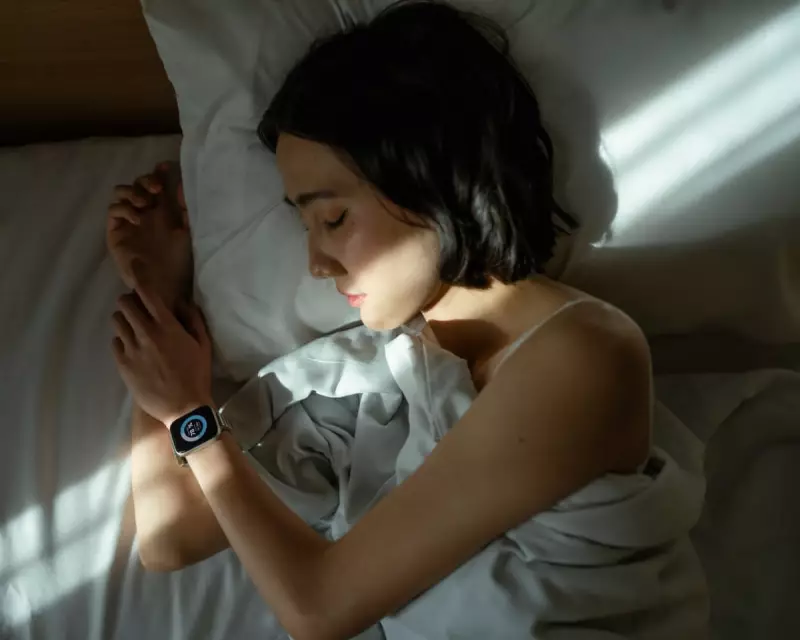
In an ironic twist that keeps millions awake at night, the very technology designed to help us sleep better may be contributing to our collective insomnia. Groundbreaking research has uncovered what experts are calling the 'sleep tracking paradox' - where constant monitoring of our slumber creates anxiety that disrupts the natural sleep process.
The Data That Won't Let You Rest
A comprehensive study examining wearable sleep tracker usage has revealed a troubling pattern: individuals who obsessively monitor their sleep metrics often develop what psychologists term 'orthosomnia' - an unhealthy preoccupation with achieving perfect sleep data. This phenomenon sees people becoming so focused on their sleep scores that they inadvertently create the very sleep problems they're trying to solve.
When Technology Becomes the Problem
Dr Mark Cropley, a health psychology professor from the University of Surrey, explains the mechanism behind this modern sleep dilemma. "Many users develop what we call 'sleep performance anxiety', where they feel pressured to achieve certain metrics each night. This pressure activates the stress response system, making genuine relaxation and sleep more difficult to achieve."
The research highlights several ways sleep trackers backfire:
- Bedtime anxiety: Users feel pressured to fall asleep quickly to maintain their 'sleep efficiency' score
- Data obsession: Constant checking of sleep stages creates hyper-awareness of normal sleep variations
- Misinterpretation: People often misunderstand what constitutes normal sleep patterns
- Placebo effect: Poor sleep scores can become self-fulfilling prophecies
Breaking Free from the Numbers Game
Sleep specialists are now advising a more balanced approach to sleep technology. Rather than becoming slaves to the data, they recommend using trackers as general guides rather than absolute authorities on sleep quality.
Dr Guy Meadows, clinical director at The Sleep School, suggests: "The most important question isn't what your watch says about your sleep, but how you feel in the morning. If you wake up feeling refreshed and can function well throughout the day, you're probably getting enough quality sleep - regardless of what the numbers say."
The Future of Sleep Technology
As wearable technology continues to evolve, developers are beginning to address these psychological impacts. Newer devices are incorporating features that promote healthier relationships with sleep data, including:
- Weekly summaries instead of daily scores to reduce nightly pressure
- Educational content about normal sleep variations
- Mindfulness and relaxation features separate from sleep tracking
- Options to hide specific metrics that cause anxiety
Ultimately, experts agree that while sleep trackers can provide valuable insights, they should complement rather than replace our innate ability to understand our body's needs. The path to better sleep might involve occasionally looking away from the screens and listening to what our bodies are truly telling us.





